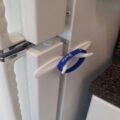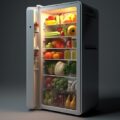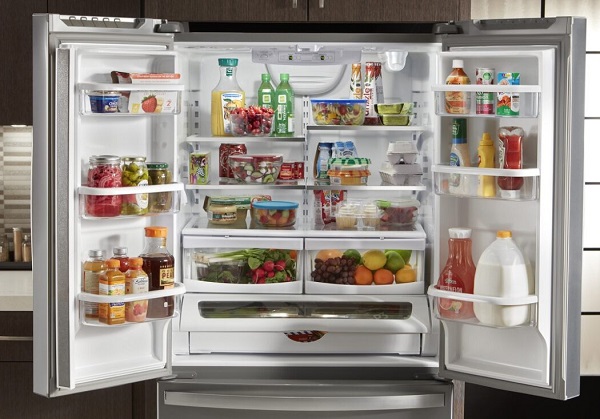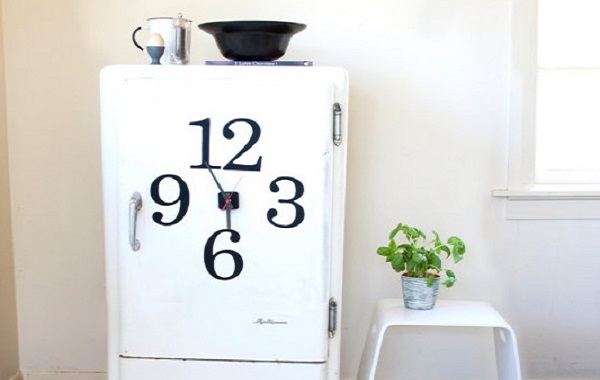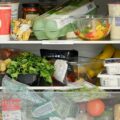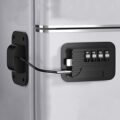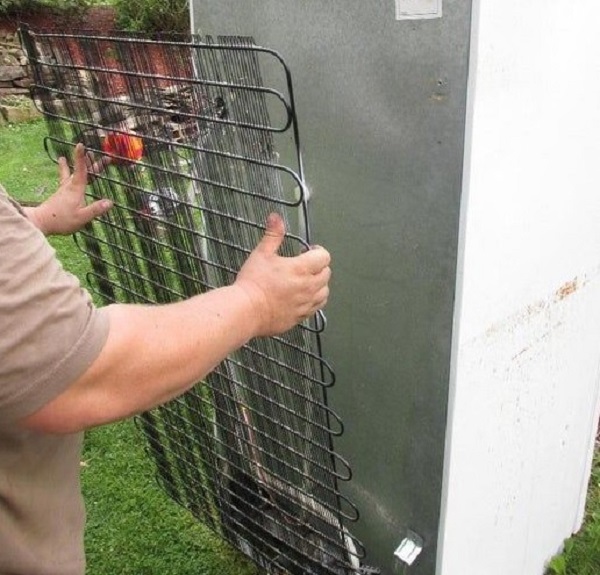
In the heart of every kitchen lies a cornerstone of modern living – the refrigerator. This unsung hero works silently around the clock, keeping our food safe and fresh. But are we taking good care of it? Often, we unknowingly commit errors in using and maintaining our fridges that can compromise their efficiency and even the safety of our food. From overstuffing shelves to neglecting regular clean-ups, these common missteps can have a bigger impact than you might think. This enlightening article delves into the top ten fridge faux pas. You’ll discover why certain habits could be shortening the lifespan of your fridge and what you can do to avoid them. Get ready to transform how you use your refrigerator and ensure it stays in peak condition for years to come!
1. Overstuffing the Refrigerator
A cluttered fridge makes it hard to find your favourite snacks and hampers the appliance’s ability to cool efficiently. Ensure there’s enough space for air to circulate food items. A well-organized fridge isn’t just pleasing to the eye; it’s energy-efficient too!
2. Improper Temperature Settings
Setting your fridge temperature correctly is crucial. The ideal range is between 37°F and 40°F. Anything higher risks food spoilage, while lower temperatures can unnecessarily increase your energy bill and freeze items that shouldn’t be frozen.
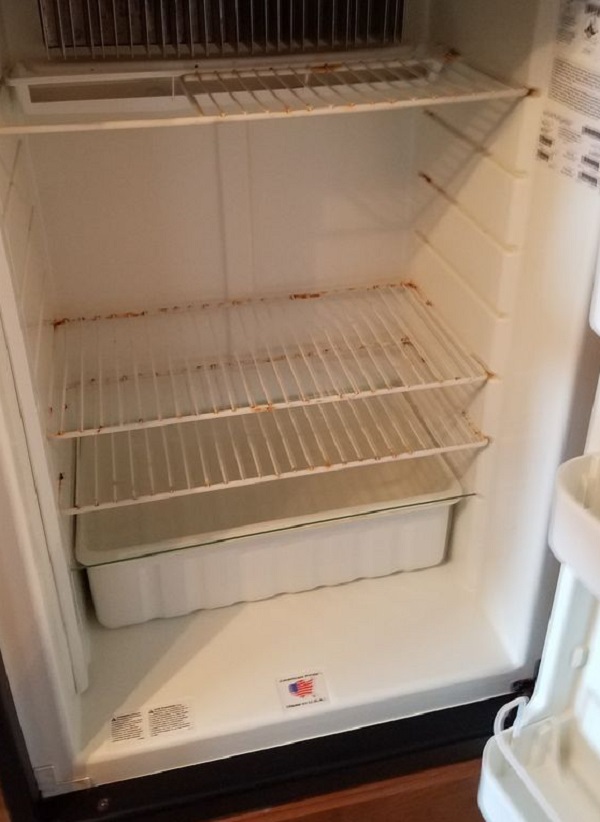
3. Neglecting Regular Cleaning
A clean fridge is a happy fridge. Regularly wipe down interior shelves and bins; remember the exterior coils and door seals. A clean coil improves efficiency, and a tight seal keeps the cold in. Aim for a deep clean every three to six months.
4. Storing Hot Food Directly
Wait for hot food to cool down before storing it in the fridge. Placing hot items inside can temporarily raise the internal temperature, forcing your fridge to work harder and potentially spoil nearby food.
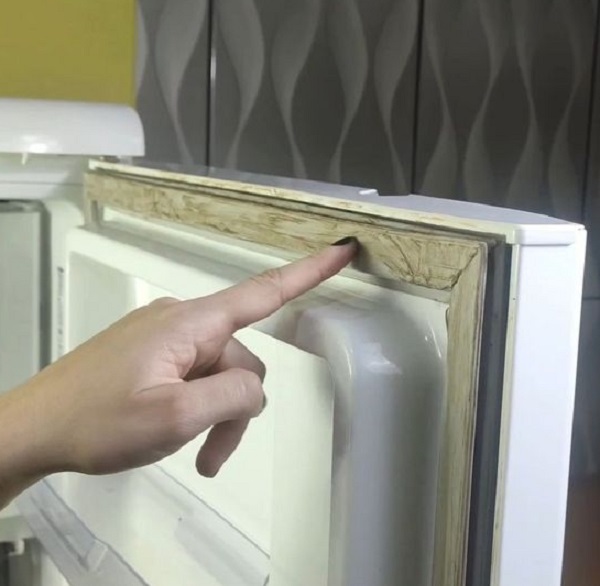
5. Ignoring the Door Seal
A loose or damaged door seal can let warm air in, disrupting the interior temperature. Check seals regularly for any signs of wear and replace them if necessary. An easy test: close the door on a piece of paper; if it slides out easily, your seal needs attention.
6. Exposing to High Heat or Direct Sunlight
Avoid placing your refrigerator near heat sources like ovens or in direct sunlight. Excessive external heat makes your fridge work harder, decreasing its efficiency and lifespan.
7. Using the Fridge as a Storage Unit
Your fridge is for food, not for storage of random non-food items. Storing things like medicines or cosmetics can lead to cross-contamination and is generally not recommended.
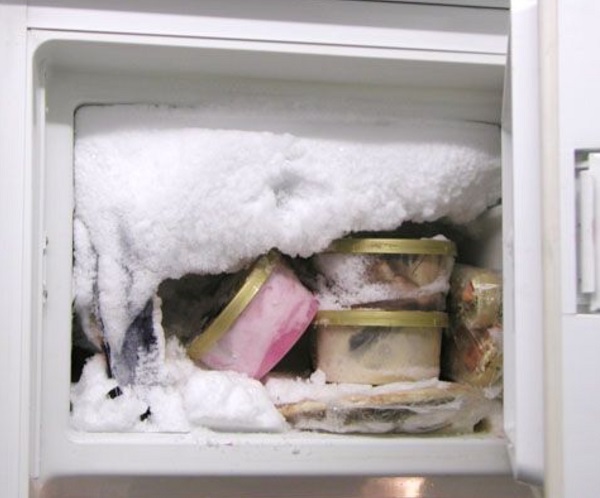
8. Forgetting to Defrost
If you have a non-frost-free model, don’t forget to defrost. Excessive frost buildup can reduce cooling efficiency and increase energy consumption. Defrost regularly, following your manufacturer’s guidelines.
9. Misunderstanding Food Expiration and Storage
Learn the difference between “use-by,” “sell-by,” and “best before” dates to avoid unnecessary food waste. Also, understand which foods should and shouldn’t be refrigerated.
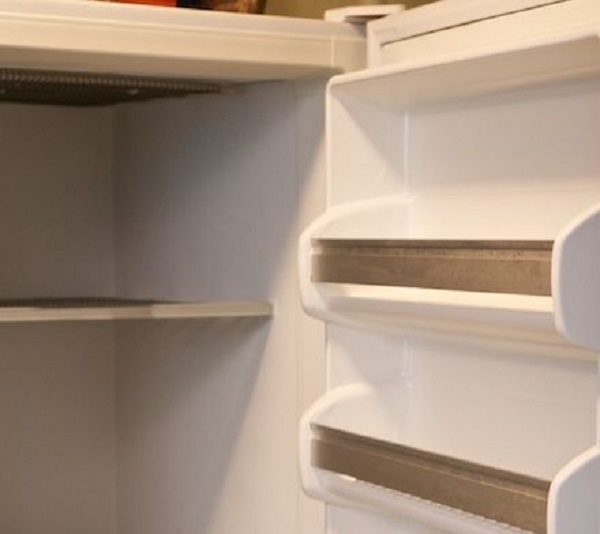
10. Frequent Door Opening and Leaving Open
Minimize the number of times you open the fridge door and close it as soon as possible. Every time the door opens, it lets warm air in, making the fridge work harder to maintain its temperature.
Proper fridge maintenance and usage are key to ensuring its longevity and efficiency. By avoiding these common mistakes, you can keep your fridge running smoothly and your food fresher for longer.
Remember, your refrigerator is more than just a cold box—it’s a vital part of your daily life. Take care of it, and it will take care of you. For more home appliance care and maintenance tips, subscribe to our newsletter and follow us on social media. Stay cool and stay informed!
